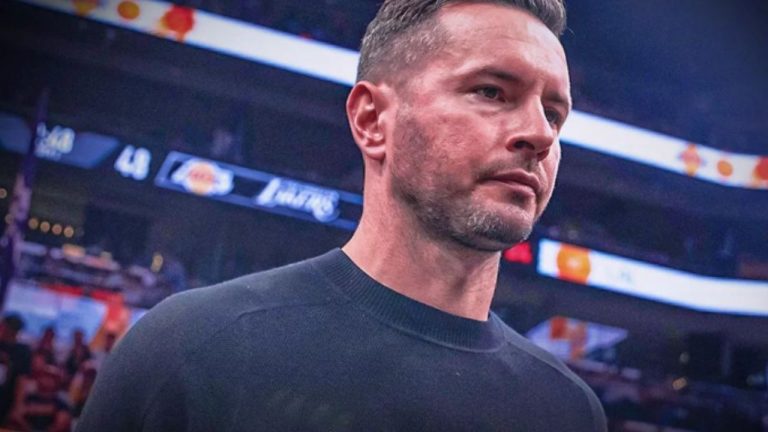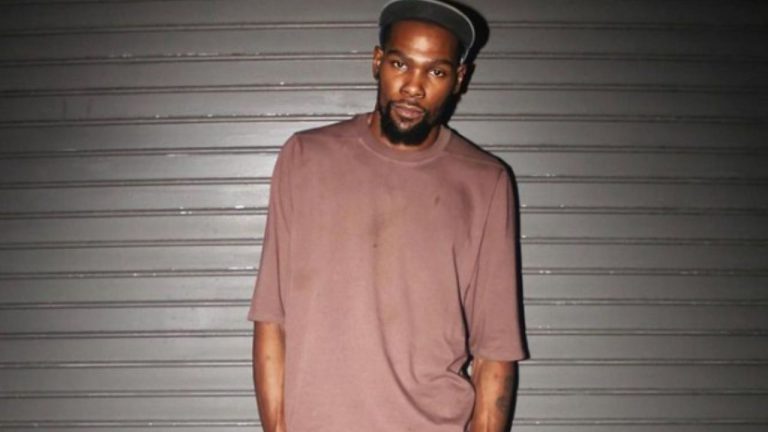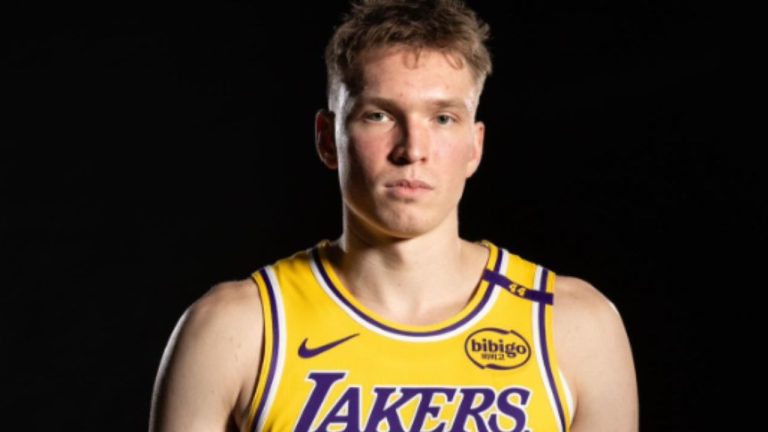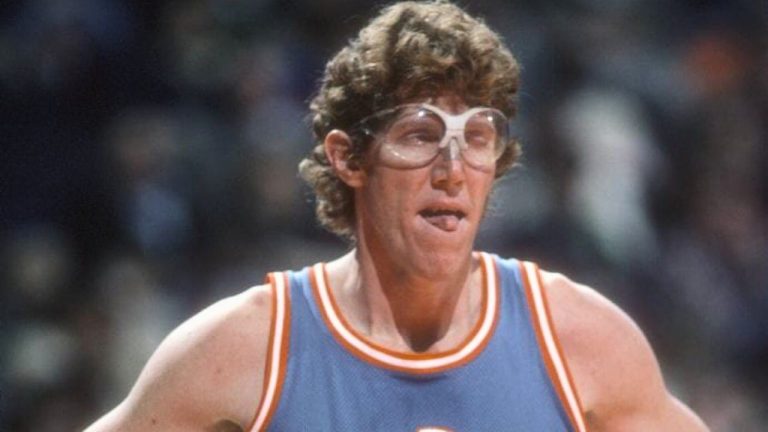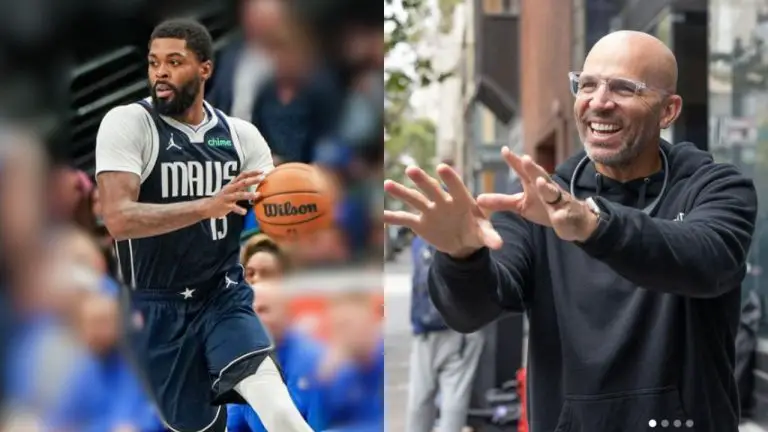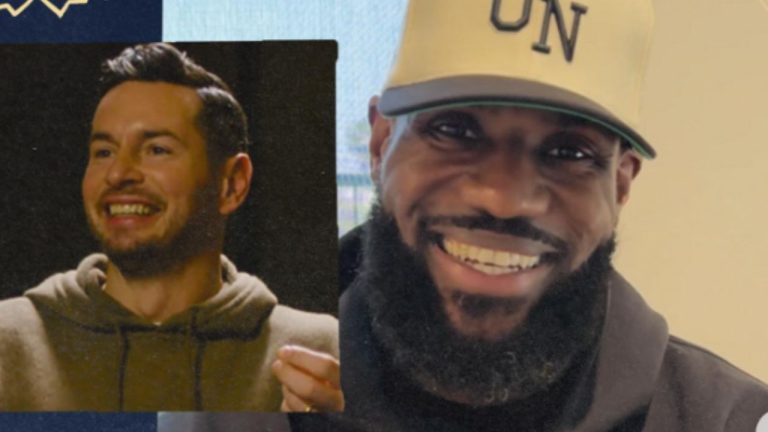Paul George on How a Broken Culture Sabotaged the Pacers

“The Culture Just Wasn’t There” is Paul George’s reflection on the demise of the Indiana Pacers.
NBA player Paul George recently talked candidly about his time with the Indiana Pacers in an emotionally intense interview. He revealed the team’s fundamental problems, which he believes ultimately prevented them from becoming great. As an experienced veteran, George showed his supporters a side of himself that is rarely seen: one that is full of introspection, sorrow, and self-awareness.
For those who have followed Paul George’s path, his candor about his mental health in the latter years of his Pacers career resonates. “What people don’t talk about is the connection between the front office, coach, and players,” he stated. “For me, I was mentally checked out with the front office not doing what I thought was enough to make a team that could compete at a high level.”
The precarious leadership balance inside an NBA team is mentioned in these remarks. Although the coaching staff, players, and front office are all connected, Paul George’s comments imply that during his time there, this relationship was severely strained. George, who was formerly regarded as the franchise’s face, made the moving admission that “the culture just wasn’t there.”
A Collapsing Team: The Disconnection
Paul George’s remarks highlight a more general reality about the NBA: skill is insufficient on its own. Cohesion, shared ideals, and a shared goal are essential. Even the best teams can fail without that basis. One of the biggest reasons the Pacers were unable to sustain their momentum, according to George, was this lack of cohesion and organization.
“For me, I was mentally checked out,” said Paul George’s. This strong comment suggests a larger problem within the Pacers organization in addition to exposing a personal struggle. Despite the team’s brilliant moments, it appears that the fissures were growing behind the scenes. He went on, displaying both vulnerability and development, “I wasn’t mature enough at that time to be like, ‘Let me control what I can control,'” she added.
George’s story gains depth from his admission of his failings and how his attitude and frame of mind impacted his performance. It’s simple to blame colleagues or management, but George stands out for his self-evaluation. His readiness to own up to mistakes is refreshing in a league where pride frequently rules.
An Apology to Myles Turner: The Burden of a Leader
Paul George’s acknowledgment of his leadership shortcomings was arguably the most poignant part of his assessment. It is anticipated that veterans to naturally fill the position of mentor to the many rookie players in the NBA. Myles Turner, a rookie player at the time, received an apology from George for not being the leader he ought to have been.
“We had young men. I discussed this with Myles Turner. I was mentally checked out at the moment, so I apologized to him for not being a great vet,” George added. His open assessment of his shortcomings as a leader lends credibility to the conversation about team culture and the obligations that come with being the star player.
Paul George’s decision to return and make atonement demonstrates his maturity. Being a leader involves more than just playing well on the court; it also involves mentoring younger players, leading by example, and being psychologically as present as physically. A new degree of self-awareness and development as a player and person is demonstrated by George’s apologies to Turner.
How Important Team Culture Is
Paul George’s interview brings to light culture, which is an essential component of any successful company. In addition to having the finest players, the NBA’s most successful teams also have a strong, cohesive culture where everyone, from the front office to the bench players, is working towards the same objective. “I know, for sure, during my latter days in Indiana, the culture just wasn’t there,” Paul George replied.
These remarks highlight a more significant problem that many teams deal with: the breakdown of communication and trust among important stakeholders within an organization. The outcomes are frequently devastating when the front office does not align itself with the coaching staff and players’ vision or invest in a winning culture.
In the Pacers’ situation, George thinks that the team’s demise was ultimately caused by their lack of a solid leadership and values base. It serves as a sobering reminder that although basketball is a game of talent and strategy, relationships, trust, and culture are also important aspects of the sport.
A Fresh Chapter, Fresh Teachings
Paul George is now in a different phase of his career, years after he played with the Pacers. He has absorbed these teachings and grown more aware of his responsibilities as a leader and a player. Despite the frustrations, he also experienced growth during his time in Indiana, which shaped him into the player he is now.
Basketball fans and anybody handling high-pressure situations can both benefit from this tale of personal accountability, cultural disconnection, and leadership challenges. George’s time with the Pacers serves as a potent reminder that creating a unified, morally driven team that collaborates both on and off the court is more important for success than simply having great skill.
Follow us on Instagram and X (Formerly Twitter)
For the latest posts visit The Celebrity Gossips

